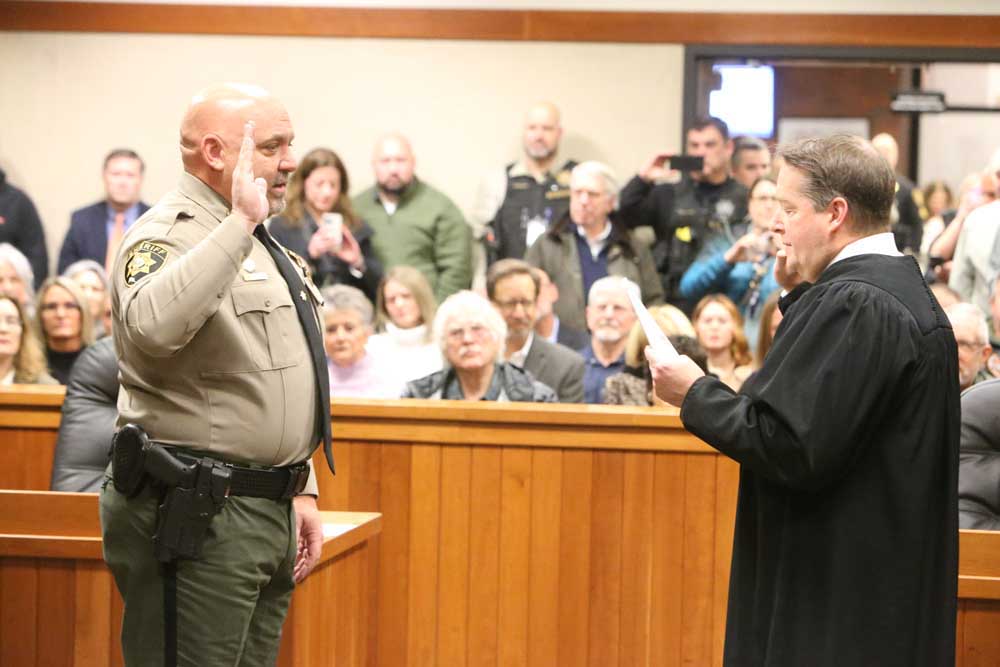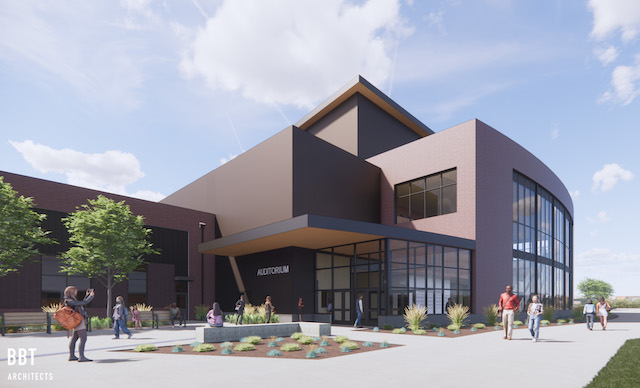Commentary: Rae Carruth is my brother — and needs redemption
Published 9:26 pm Saturday, December 2, 2017
Rae Carruth is my brother.
We aren’t related by blood, and I have never met the former Carolina Panthers receiver who is scheduled to be released late next year from prison. He is serving nearly two decades for his part in a conspiracy that led to the murder of his on-and-off girlfriend.
But we are brothers.
We are brothers because we are black men of the same generation. Even black men who have never met, and likely won’t, are connected because of this country’s messy racial history and still-polarized present. It’s why black people understand that involuntary wince we feel every time a horrific crime is committed until the perpetrator’s race is revealed. Carruth grew up on the West Coast. I grew up in South Carolina. When he was catching the only four touchdowns of his NFL career, I recently had finished a less-impressive football career at Davidson College and was beginning one in journalism that repeatedly forced me to grapple with the supposed connection between race and crime.
We are brothers because of my brothers, one of whom is only a few years removed from a 32-year stint in prison and another who is serving a 16-year sentence.
We are brothers because he has a son whose father was convicted in the murder of his son’s mother, and I have a niece whose father is serving a 20-year-sentence and a mother who was mowed down in a drive-by shooting.
That’s why I know Carruth. I can’t not know him even if I pretended to.
But that’s not the hard part. The hard part is being black and finding the right words to not downplay the awful deed a fellow black man committed while still hoping for his redemption.
It would be easier just to condemn him, to say he should never be forgiven, should never be able to live down his worst act, an act that no level of contrition or making amends can ever undo.
It would be easier because there are plenty of white readers — and a good number of black ones — who believe that’s true justice and would feel more secure in their righteous anger if I just joined the chorus.
But I can’t. Because Carruth is my brother, my burden, the ghost who lurks like a shadow over my life. In a real way, I’m going to pay for his misdeeds for the same reason so many millions of Americans justified George Zimmerman’s killing of Trayvon Martin because of awful things done by other black young men Martin never met.
I believe in redemption, even for awful men who have done awful things. I believe it does not serve society well to make another person’s redemption story an impossibility.
Those aren’t just words. I struggle to live that truth as often as possible, even when it hurts — especially when it hurts — and sometimes I fail.
Those words would be true even if I didn’t have a selfish reason to try to convince others about the merits of redemption. I want redemption for my brothers, and I don’t want my black son to be burdened by the mistakes of others the way black men before him were.
Redemption is neither absolution nor an attempt to ignore the generations-long effects of a dastardly deed. It’s a life-long journey to be better than you used to be, to become your best self.
If you can’t spare any empathy for Carruth, I understand. Just don’t become the George Wallace standing in his redemption’s door.
— Issac J. Bailey is interim associate editor on the Charlotte Observer editorial board.
We are brothers because we are black men of the same generation. Even black men who have never met, and likely won’t, are connected because of this country’s messy racial history and still-polarized present.






